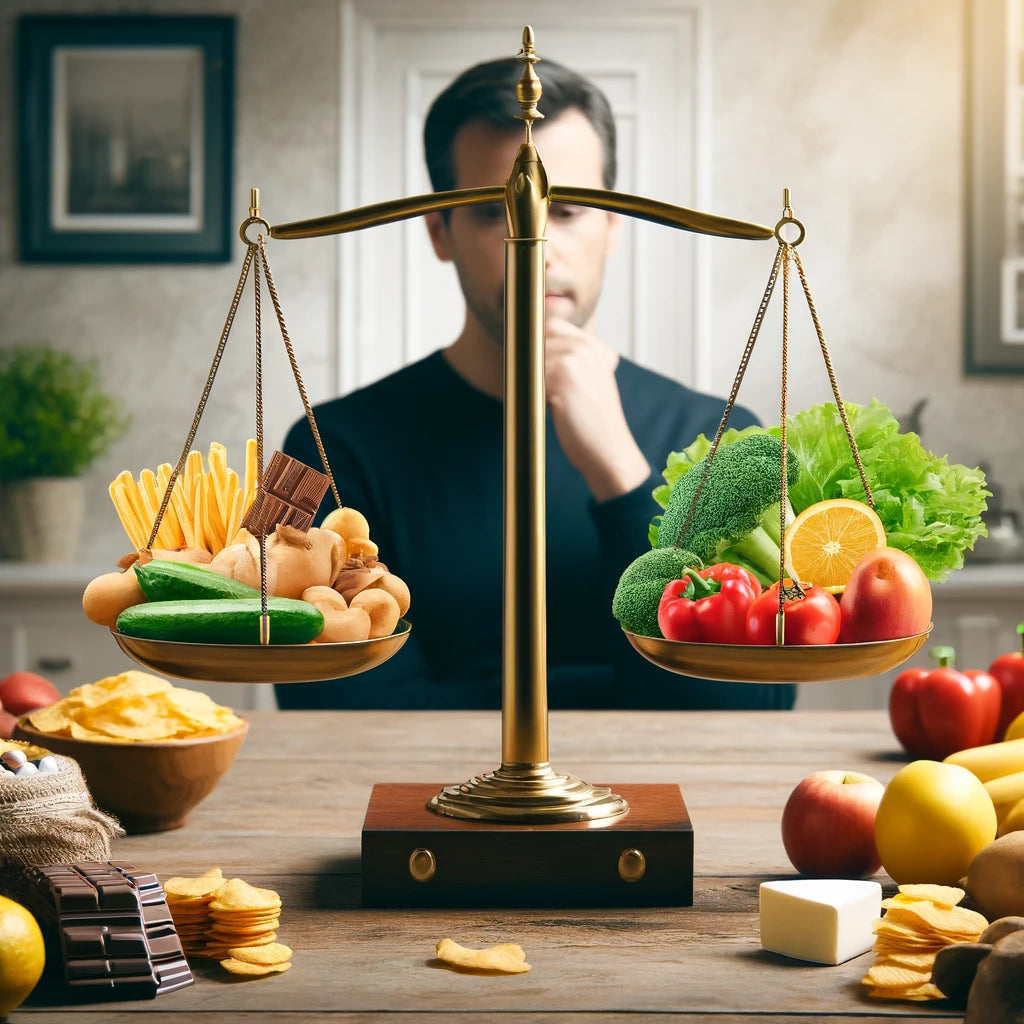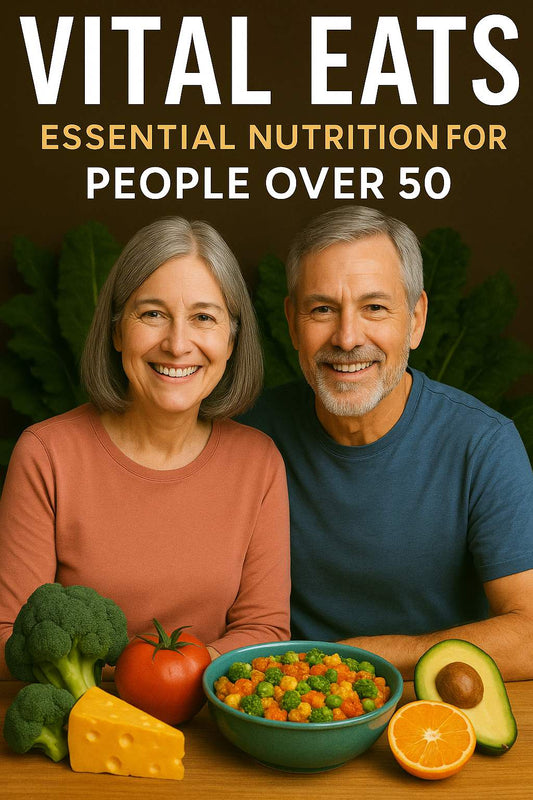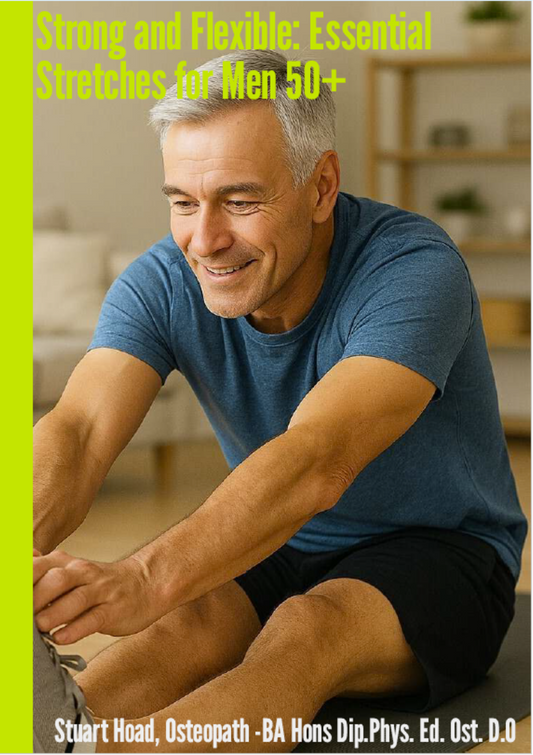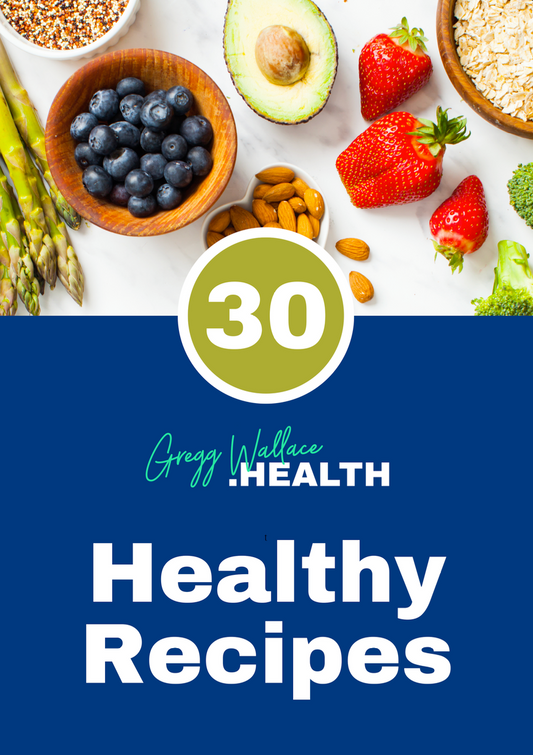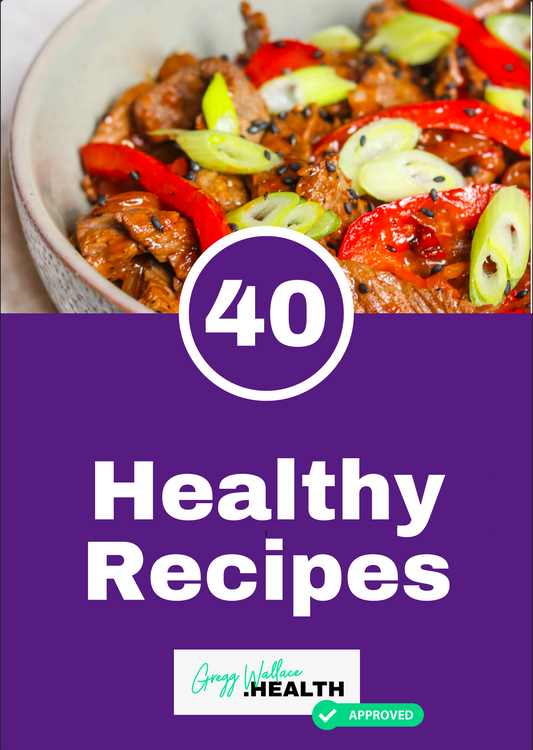Obviously, I consider weight loss and fitness quite a bit, my own to start with and now yours as well. You see, I have many conversations during the course of a week with many people, from all walks of life and all different shapes and sizes. Now, I’m not a psychologist but you can’t help but develop some of your own theories. One of the thoughts I keep toying with is our attitude towards food, drink, and light exercise. As well as the insight from other people, remember, I have my own experiences of being overweight to draw on.
I think most of us know what we should and shouldn’t be eating. In fact, if there is one opinion we can always rely on, it is our own conscience. I think we all pretty much know we should be eating plenty of fruits and vegetables, cutting down the crisps, the chocolates and the lumps of cheddar and we know that going for long walks or doing a bit of light exercise, would be really good for us.
When I was 4 stone bigger, I think I may have known this, I could have given myself great advice, but I didn’t follow it. For me, this is the big question. If I, indeed we, pretty much know what we should be doing, why don’t we? Now, I’m in discussion with a fantastic psychologist called Bernie, I haven’t discussed my theory with her, this doesn’t come from her, it's just come from me, constantly considering people's health and weight loss. I think we consider food, drink, and exercise as either a cost or a reward or probably, a mixture of the two. When I was almost 17 stone, beer was most certainly a reward. I like the taste of it, it quenched my thirst, it gave me a relaxed feeling, it was served in the pub, that was incredibly social, beer equals reward, reward, reward.
As I started to consider my health more, it was obvious to me that the reward came with a cost. That cost was a big belly, red eyes, and a puffy face. From beer being reward, reward, it now became the more accurate equation of reward, cost. Exercise when I was bigger, just appeared as cost, cost. It took up my time and it was going to be hard work and boring. Then when I did it, I realised how good I felt. Hang on a minute, this has now got a reward. The more I did it, the better I looked, so the reward grew!
Nowadays, I have to be honest, I don’t always fancy bouncing around and getting hot and sweaty at 6 o’clock in the morning but once I’ve done it, I feel fantastic. And because I do it regularly, my body looks better than ever. This equation is small cost, big reward. So, there you have it, this is my theory, food, drink, exercise. It has a cost; it has a reward and I think the key to this is to consider both. Yes, this takeaway will reward me with good flavours, will the cost to my body be more than I want to pay. Yes, the bottle of wine will bring an instant reward, how many times a week am I prepared to pay for it with my body.
It’s your decision of course, I now see so much of what I eat in those simple terms.
Key Takeaways:
- Understanding the cost and reward of food, drink, and exercise can influence our health choices;
- Even though we know what is healthy for us, we often struggle to make the right choices; and
- Regular exercise may seem like a cost, but the rewards it brings are significant.

